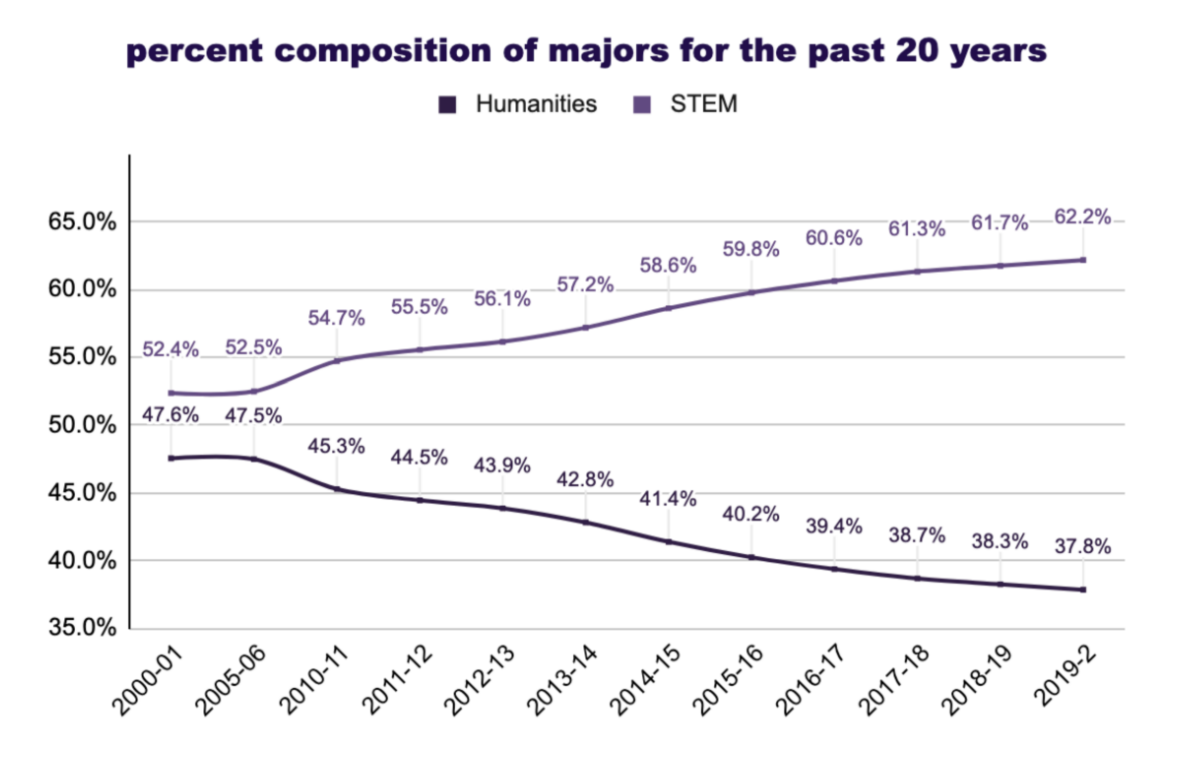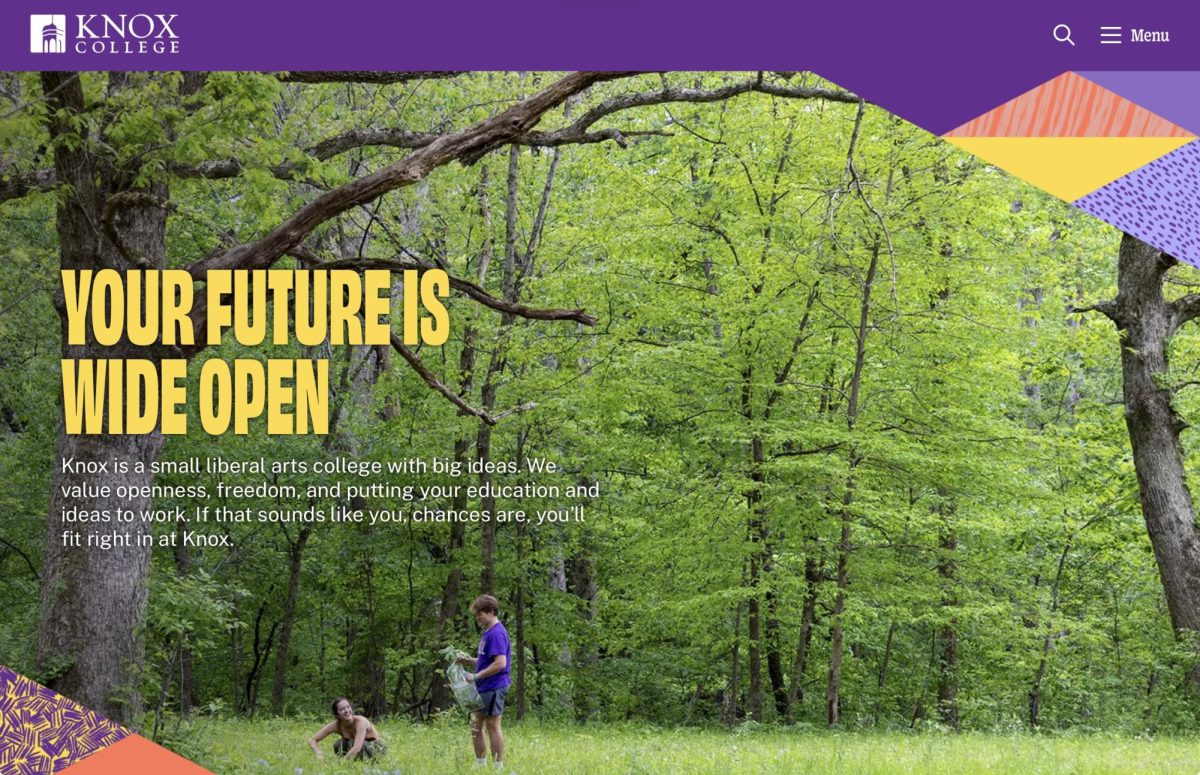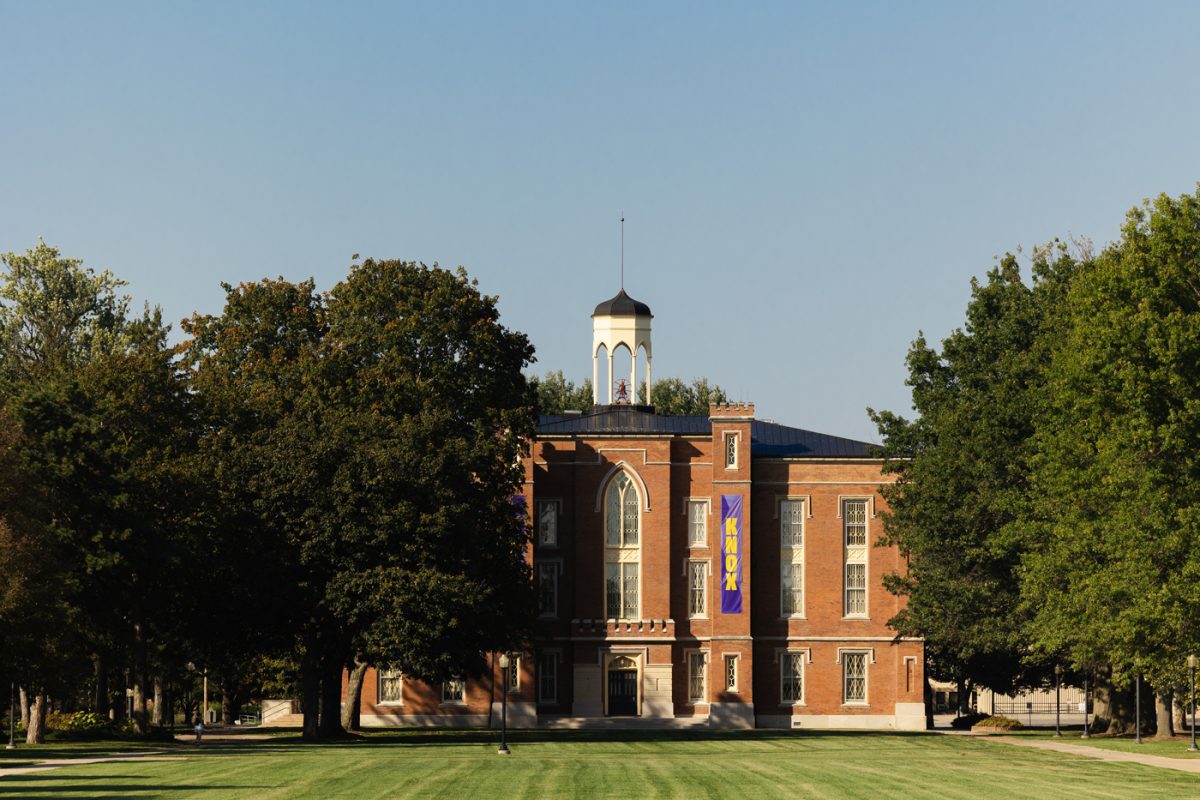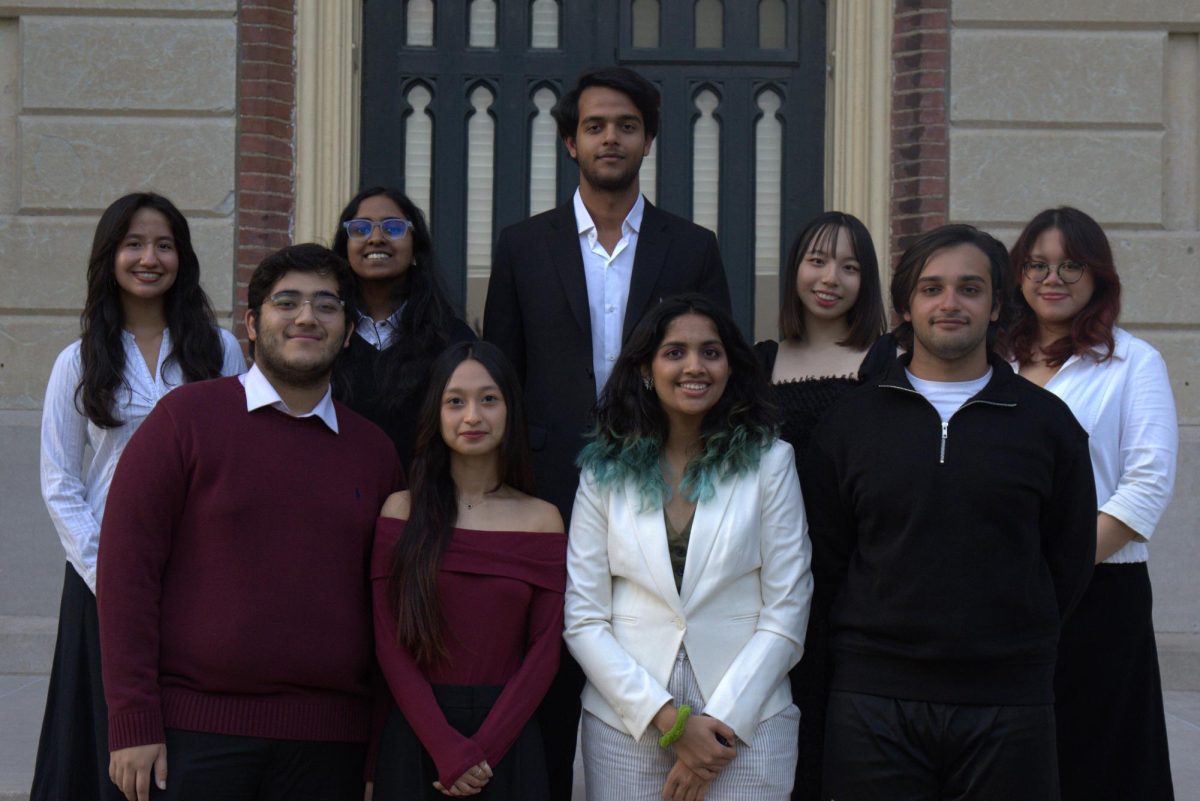Knox recently received a 1.5 million dollar Mellon grant focused on making the humanities more socially relevant. New humanities courses will center on abolitionism in their field, and other courses are adding additional material on abolitionism into their preexisting work.
Discussions with some of the long-standing humanities professors at Knox show a concern for the drop in humanities major graduates. Professor of Art History and Director of the Art Museum Program and Art Museum Studies Gregory Gilbert, the sole professor for the Art History major, expressed great concern over the drop in students.
Gilbert explained that current students, enrolled & prospective, are very job-conscious. Students are worried about what major is going to make them the most money in the future, choosing business, economics, and STEM related majors to achieve that goal.
“I think it is definitely influenced by the massive growth of the tech and science industries in the US and globally. Institutions of higher learning are following this trend in expanding their STEM programs, knowing that it is a popular career track for the current generation of incoming students. This also includes the growth of business programs at many colleges and universities, including Knox. Much of this is due to the instability of the economy in recent years. [..] Given the high cost of private school education, families want to see a return on this investment,” said Gilbert.
When asked if the dropping rates in Humanities majors is a thing to be concerned about, Gilbert said there were two concerns. The first being that newer students would be graduating without a full general knowledge on the various topics Humanities majors cover.
“The other concern is more practical, namely that if humanities programs continue to retract and shrink, they will be cut from academic programs and will no longer exist as a viable educational force and tradition, which could very well threaten the future existence of liberal arts colleges. Higher education could very well become a glorified vocational training in more applied professional career tracks.” Gilbert said.
Gilbert stresses that many institutions are fighting this drop in Humanities majors and reassessing how to make these majors fit the contemporary world.
“it is important to stress that many institutions of higher learning, both liberal arts colleges and universities are going on the defensive. What I mean by that is that they are pulling back to reassess and rethink the role of a humanities education in relation to contemporary society and culture. How can humanities programs be more socially relevant, engaged and innovative, how can humanities students in their future career contribute to social trends and help to address social and cultural problems.” Gilbert said
Recently, nationwide, there has been a decline in students graduating with a humanities major. Statistics taken from the Department of Education shows that while humanities is falling behind, STEM and STEM-related fields are nearly doubling, with majors having an increase of 50% or higher, up to 73% in some cases.
Any major not shown had less than 0% composition for all 20 years.
Data from National Center for Education Statistics.
Knox is not special in this sense. Rather, the school shows a much more polarized trend, as it is a small school and the shift is stronger felt. Archaeology, though a minor, has very limited courses, and Asian Studies students have remarked the difficulty in completing their minors when essential courses are missing from the roster.
Knox has seen many of these cuts on a much bigger scale due to the college’s small size. With Art History, the loss of even two graduating students drops the average from three to four per year to only two graduating seniors. In the English department, there used to be 14 faculty which has dropped to seven over the years and their number of majors has also declined.
Despite all of this however, there are plenty of signs at Knox that humanities are not going to disappear entirely. Knox has recently received two major grants to revision and strengthen Humanities teaching at Knox. One was a National Endowment of the Humanities grant focusing on developing innovative immersion courses, in which topics are directly related to students having active contextual, social and cultural experiences as part of their studies and to apply this learning to projects with professional outcomes.
Gilbert taught a course on Feminist Museology summer 2022, which examined the need to transform curatorial practice in museums in relation issues of gender and sexual identity. This work is culminating in a feminist exhibit curated this year by the Art Museum Curating class on women artists in the Knox art collection.
The previously mentioned Mellon Foundation grant, “Abolitionism for All Times,” critically examines the Abolitionist history and legacy of the founding of Knox College, but will also focus on developing new courses and academic programming that address issues of contemporary abolitionism. The goal is to increase engagement with humanities as a whole.
Any major not shown had less than 0% composition for all 20 years.
Data from National Center for Education Statistics.











